Have you sustained an injury at work? Are you wondering about the process for making a work injury claim, filing for compensation, or working with a lawyer? All workers have the right to a safe workplace where they will be free from physical and psychological harm. However, sometimes workplace injuries do occur. When this happens, it’s important to know where you stand and what help is available.
Definition of a Workplace Injury
In Victoria, WorkSafe are the governing body who handle all issues relating to workplace injuries, accidents, claims and compensation. According to WorkSafe, ‘an injury to a worker is compensable under the legislation if it arises out of or in the course of employment’.
There are different types of ‘injuries’ that are included in workplace injury law. An injury could be to your physical body, such as a lost limb, broken bone or muscle sprain. Injuries can also include mental injuries or psychological trauma.
There is also an ‘extended’ definition of injury which includes conditions that may not appear to be ‘injuries’ in the traditional sense, in that they do not happen suddenly. This includes diseases, disorders and conditions that develop gradually over time. It also includes the aggravation, acceleration, exacerbation or recurrence of any pre-existing disease.
For something to be considered a workplace injury, a worker must show that it ‘arose out of or in the course of employment’. For example, a certain repetitive task, a piece of equipment, or the workplace environment may have directly contributed to the injury.
The worker does not have to be doing their specific job when the injury occurred to be eligible for compensation. For example, an office worker that is struck by a falling filing cabinet is as much entitled to workers compensation as a factory floor worker that deals with lifting heavy items every day.
Injuries will not be considered as workplace injuries – and thus be ineligible for compensation – when they occur during activity that falls outside the realm of work. For example, if a worker stops their duties to run a personal errand and is injured as a result, this would not be a workplace injury. Additionally, workers are not eligible for compensation if they are intoxicated, acting recklessly, or ‘skylarking’.
Workers’ Rights and Compensation
All workers – regardless of terms of employment, age, gender, ability and more – have the right to a safe workplace. Essentially, when you go to work, you deserve to come home safely at the end of the day.
When you do suffer an injury at work, you are entitled to receive compensation under the WorkCover scheme. Compensation can take many forms and is not always completely financial. Some of the claims you can make as a person suffering from a workplace injury include:
- Claims for medical expenses and the cost of treatment
- Claims for mental injuries and the cost of psychological help
- Claims for time lost at work (if you need to take time off due to your injury).
It doesn’t matter if your injury was a result of poor behaviour or negligence on the part of your employer, or if it was just a case of bad luck or unforeseen circumstances. Regardless, you have the right to make a claim with WorkSafe.
However, if your employer has been negligent towards your safety, you may be eligible to further compensation by suing your employer for damages. To do this, you will require the help of a professional lawyer with experience in workplace injuries and compensation. To be entitled to bring proceedings for damages in court, your injury must be found to be ‘serious’ under the definition of the Victorian workers compensation legislation.
Workplace Injuries Covered by Compensation
Workplace injuries can range from relatively mild to life changing.
In the worst case scenario, workers can suffer injuries that have long-lasting consequences, such as quadriplegia, loss of limb, brain damage or terminal disease. In these circumstances, it is highly unlikely that they will be able to return to work. Their compensation will need to provide for their medical needs and their living expenses on an ongoing basis.
In milder cases, workers may suffer from injuries that heal over time with the help of medical treatment and physical therapy. These workers normally intend to return to work when they return to good health. In these cases, employers are obligated to provide workers with modified duties, if they are available, for a period of 52 weeks.
Psychological injuries, such as mental health problems, can be trickier. These sorts of issues can be ongoing, or they may be resolved over a period of counselling or therapy. The costs of this treatment can be covered by workers compensation.
Working with a Lawyer for Workers Compensation Claims
Often, when someone is injured at work, it can be a battle to know what to do next. Being out of work and facing medical treatment can create financial stress and navigating the process of making a claim for compensation can seem overwhelming under these circumstances.
If you do need to apply for workers compensation, you should always work with an experienced lawyer. This will allow you to concentrate on improving your health and recovering from your injury, while they handle the administrative and legal side of your claim.
Lawyers can manage claims so you can begin to receive weekly payments quickly. They can liaise with WorkSafe, your healthcare providers and others to gather reports and documentation and ensure you are getting everything you are entitled to.
If you do choose to seek additional damages, they can guide you through this process and represent you in court if needed.



